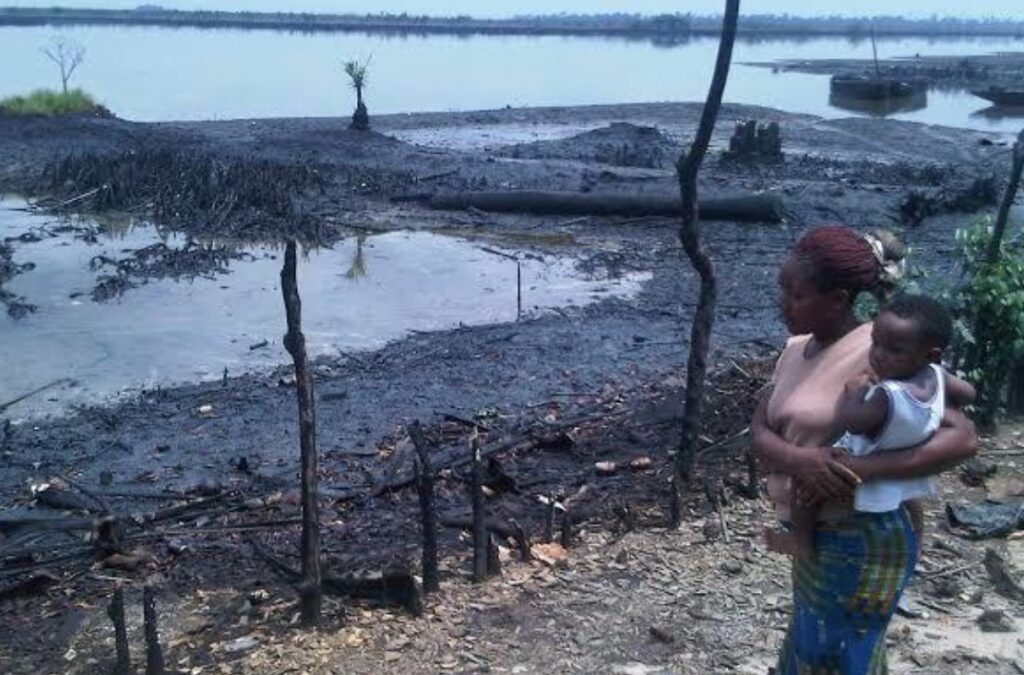
Policy Brief: Preventing The Environmental And Health Impacts Of Artisanal Oil Refining On Women In Nigeria’s Niger Delta Region
The discovery of oil in commercial quantity in Oloibiri, Nigeria in 1956 by Shell Darcy, seemed to be the beginning of rapid economic development of Nigeria. There were high hopes about the magical transformation that oil would bring to Nigeria and Nigerians. With these high hopes, many failed to foresee the potential negative consequences of oil. Eyes were blinded to potential environmental degradation, suppression of other income sources, agitation over control and benefits from the oil resources, exacerbation of gender inequalities occasioned by scarcity or degradation of environmental resources affected by oil extraction and refining.
After over fifty years of oil extraction, some of the associated negative consequences have been laid bare: “…the basic infrastructures seems to be in decay (as roads for instance, are now death traps, power supply is epileptic, poverty is an endemic problem as most of the erstwhile fertile lands in Niger Delta region is infertile and devastated by pollution, . Also, noxious fumes from gas flaring are competing for space in the air”
Sadly, part of the degradation of the environment from oil extraction and refining activities is done by oil companies licensed by the Government of Nigeria. The environmental degradation and associated impacts are compounded by the activities of artisanal oil refineries. Artisanal oil refining activities have been one of the causes of oil spills, pipeline explosions and fire outbreak in the Niger Delta region of Nigeria.
These have polluted underground water, destroyed vegetation and farmlands, claimed lives and properties among several other negative consequences. All these come with severe impacts on vulnerable populations like women, children and
the aged in different ways. It is therefore of utmost importance to address the activities of the artisanal oil refineries to prevent the environmental and health impacts their operations have on women and other vulnerable groups in the Niger Delta Region of Nigeria.
Policy brief on preventing the impact of artisanal oil refining on women
Download Document


